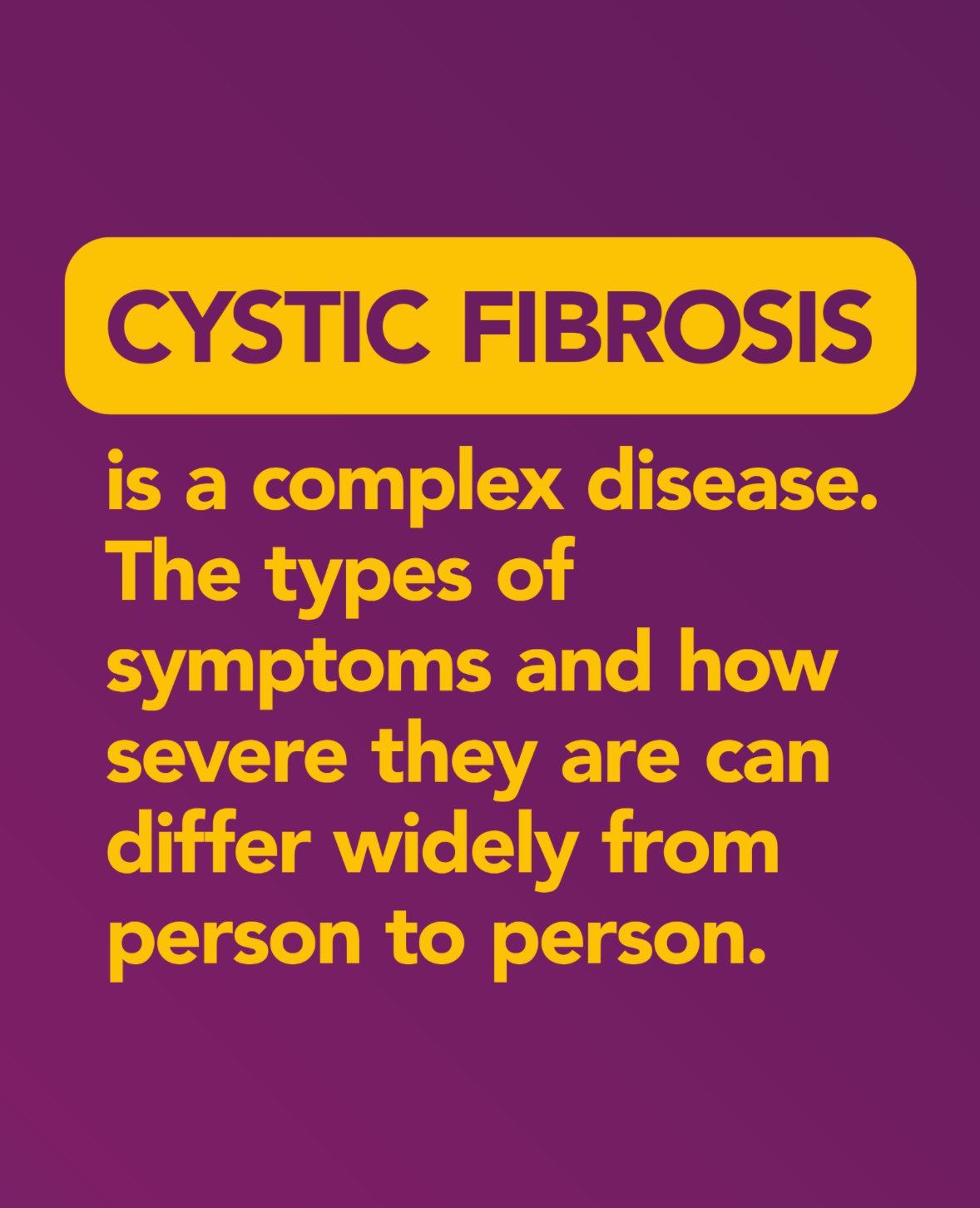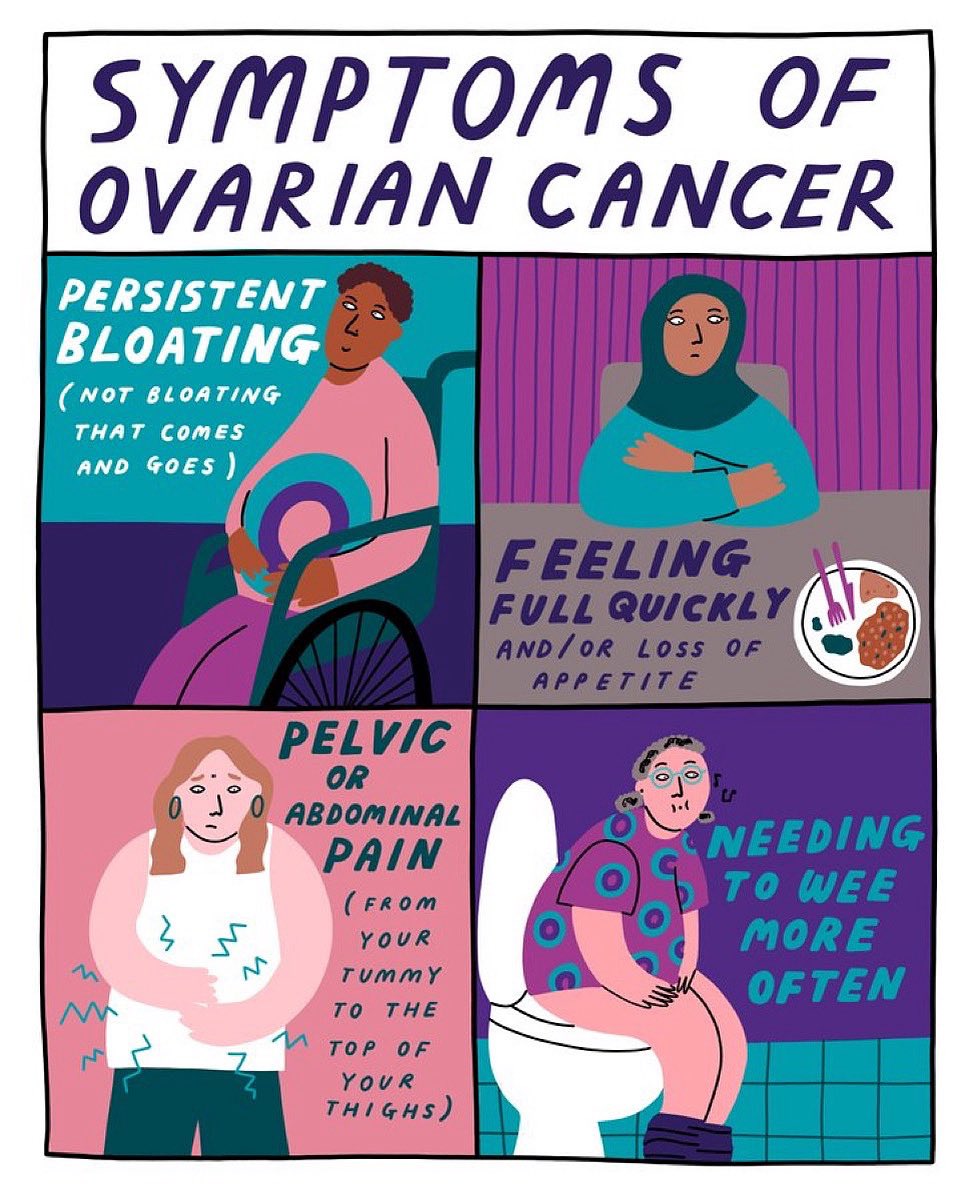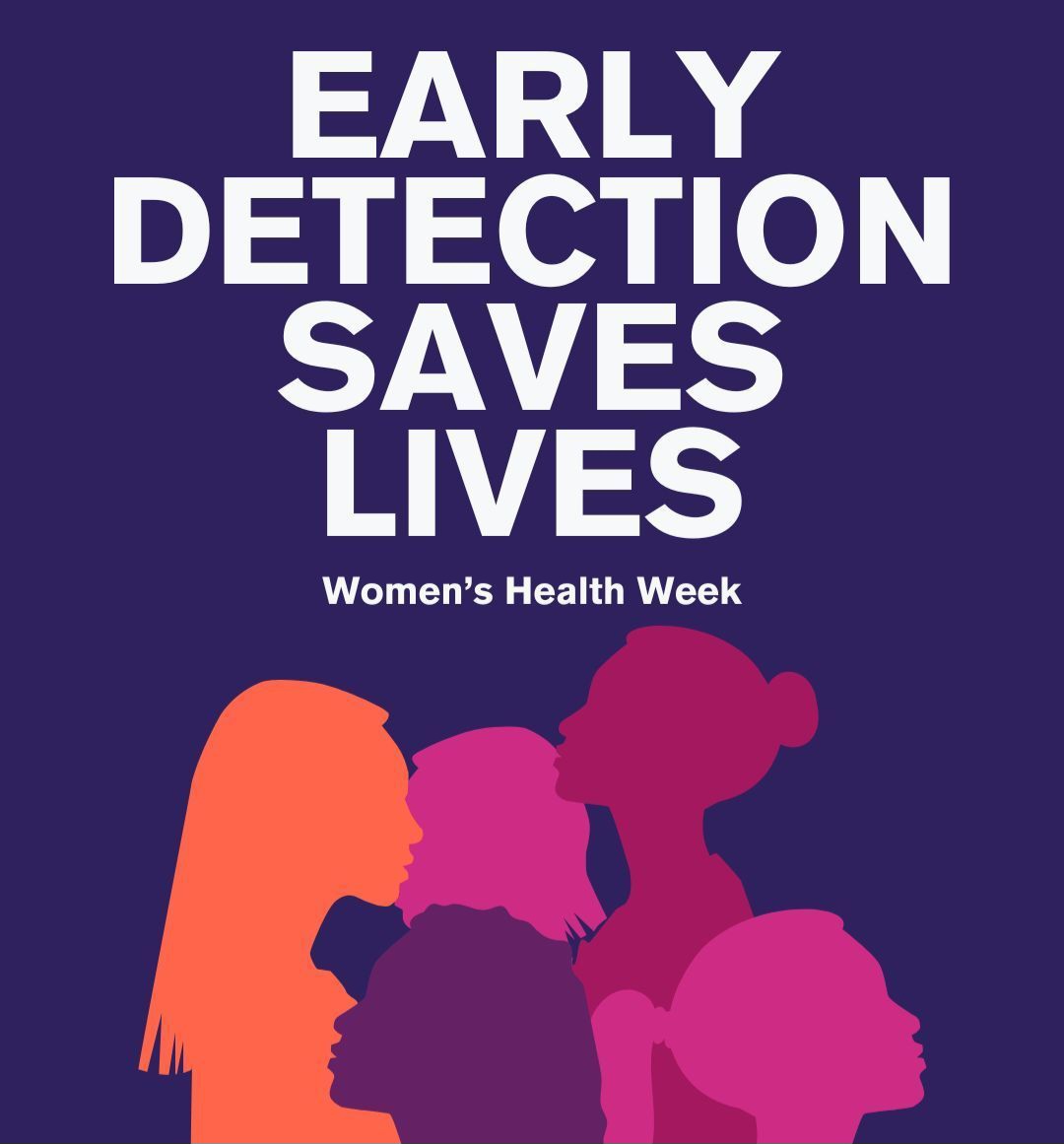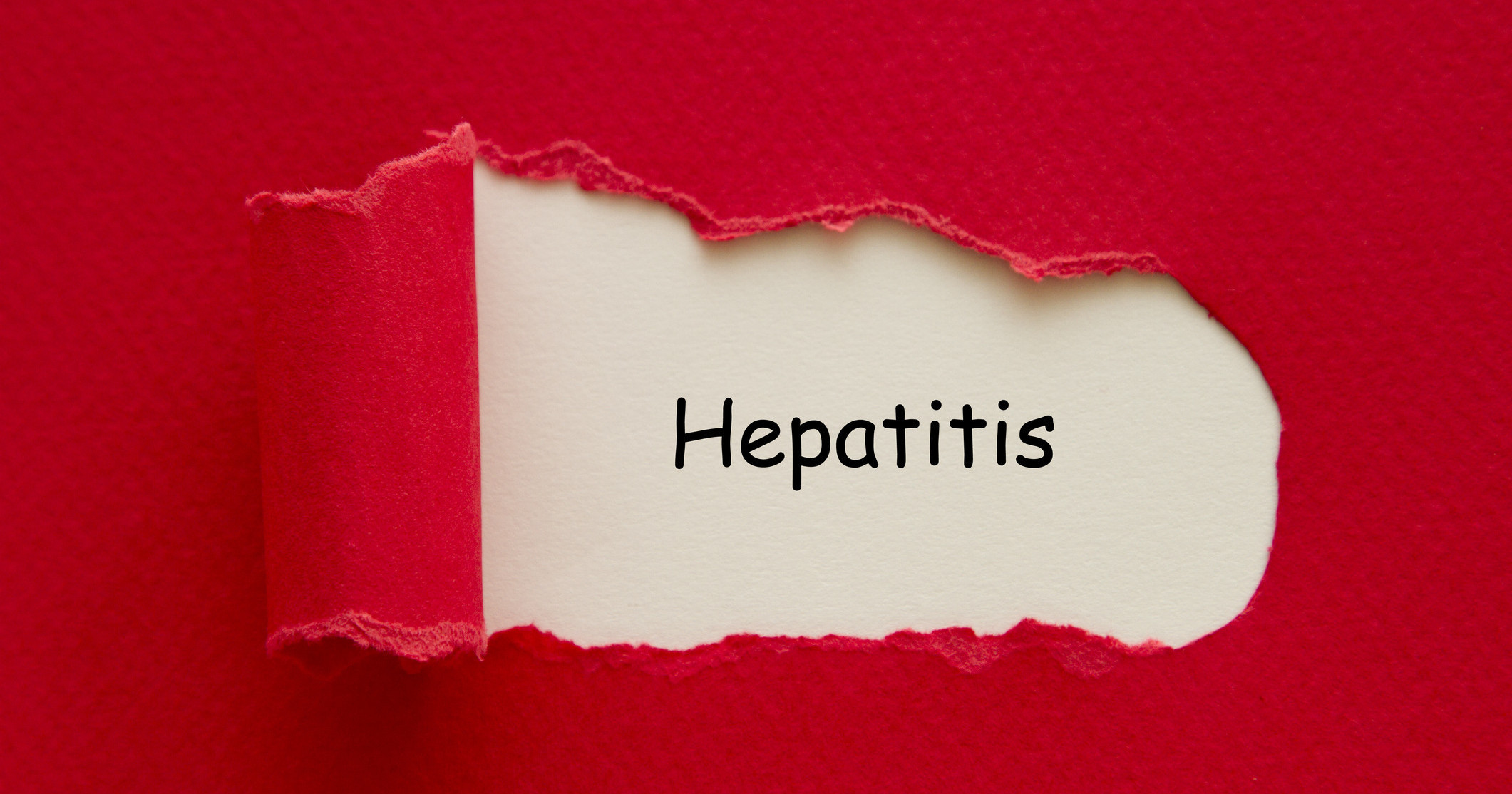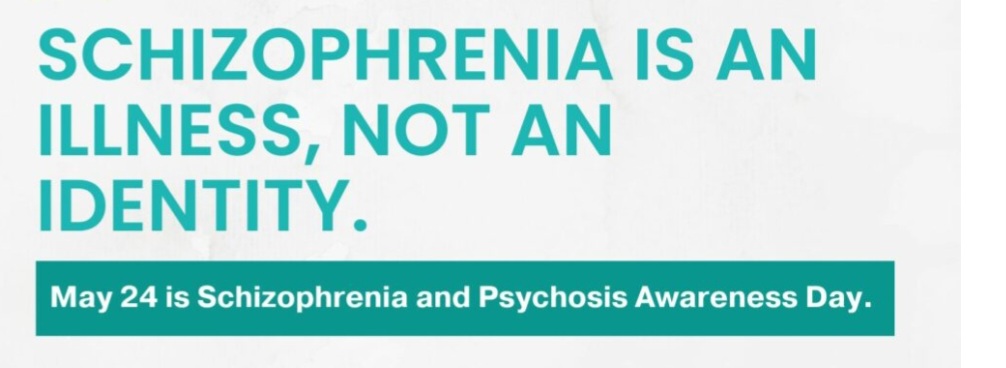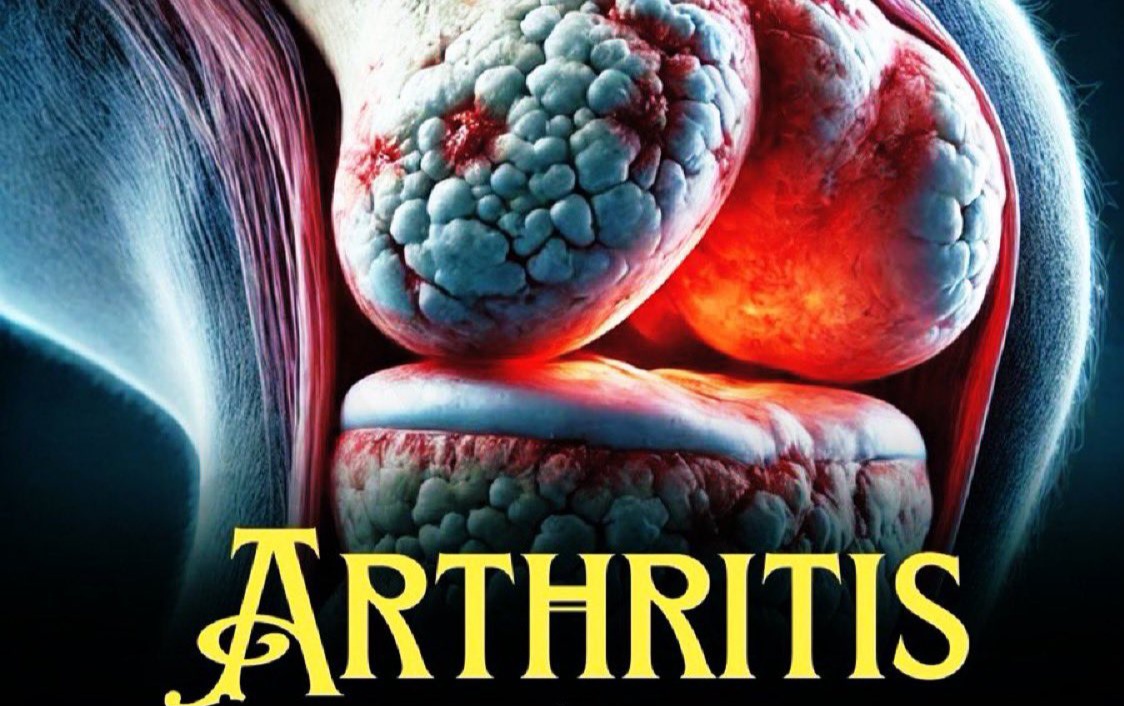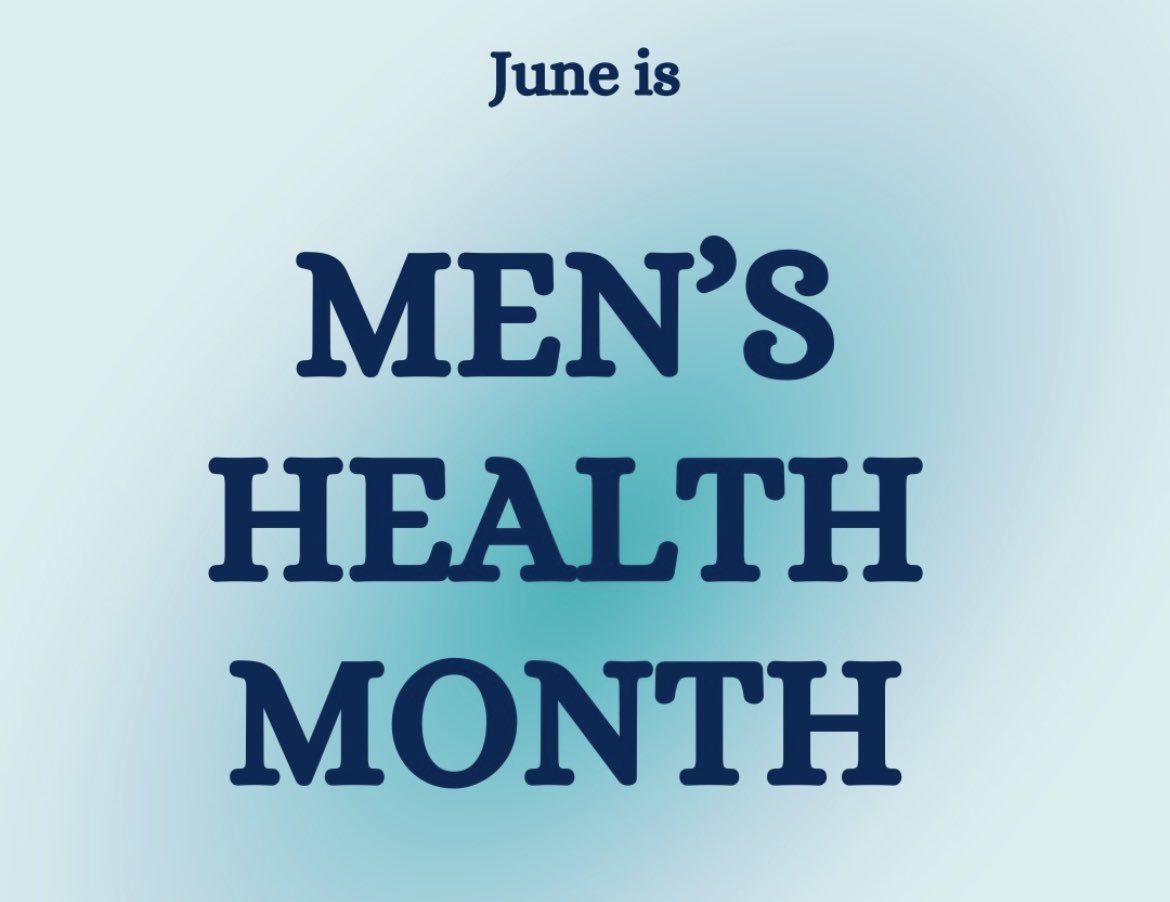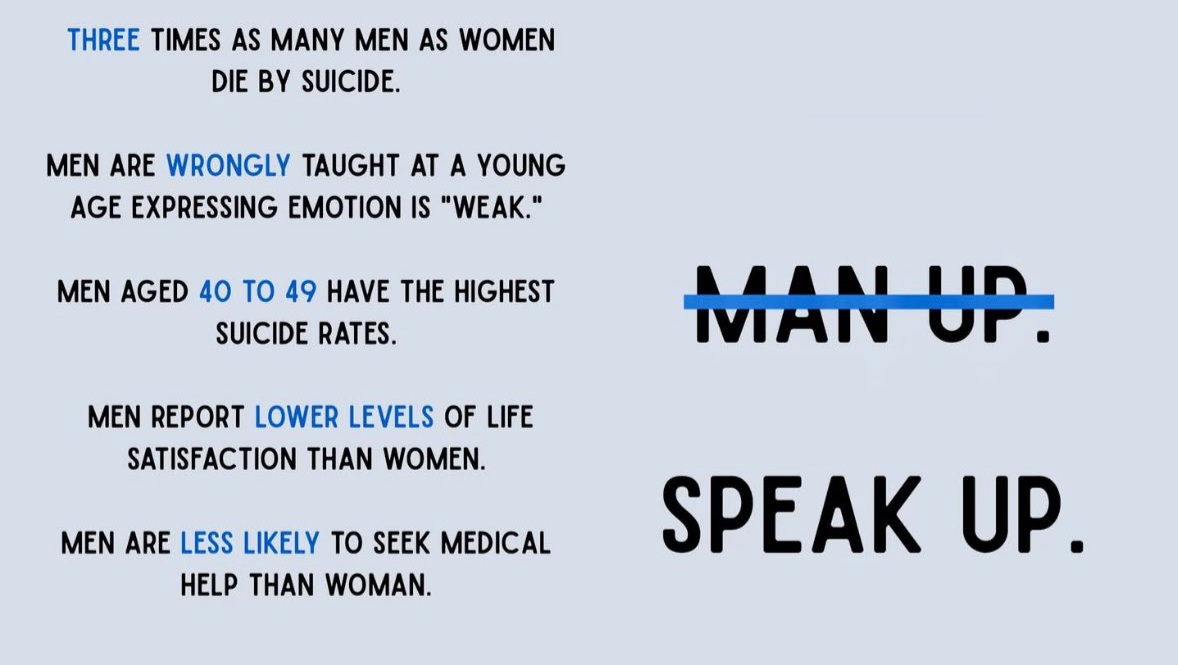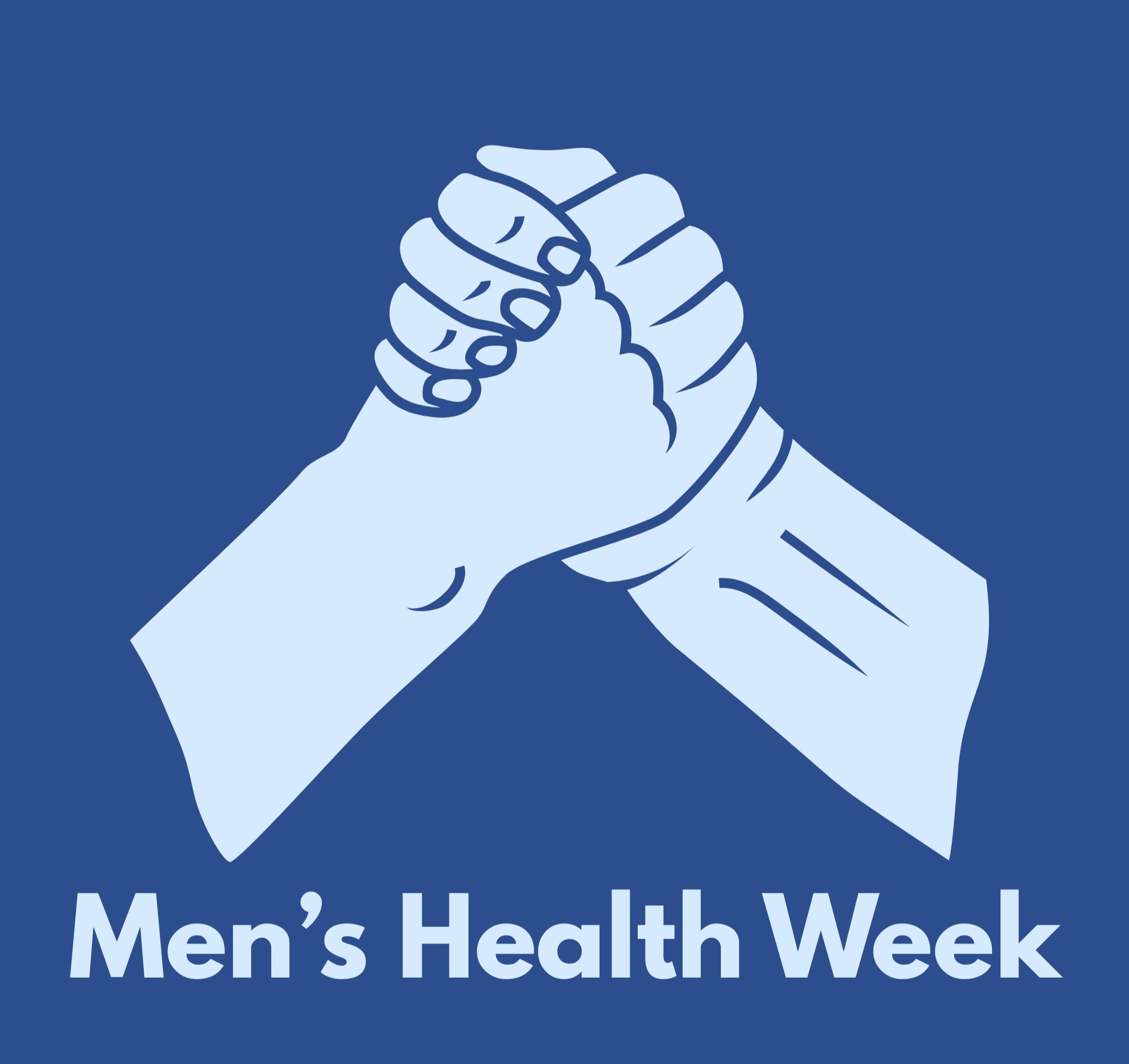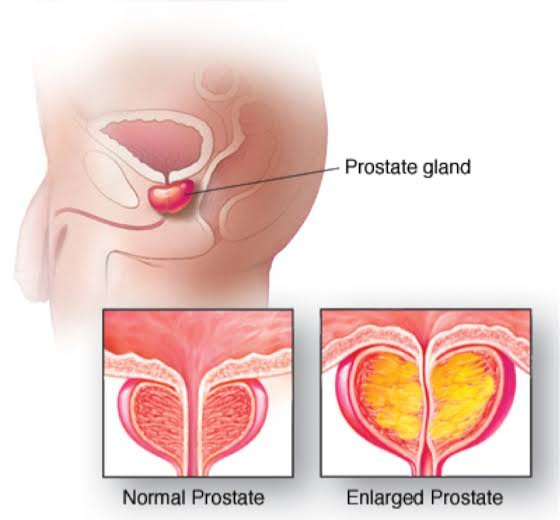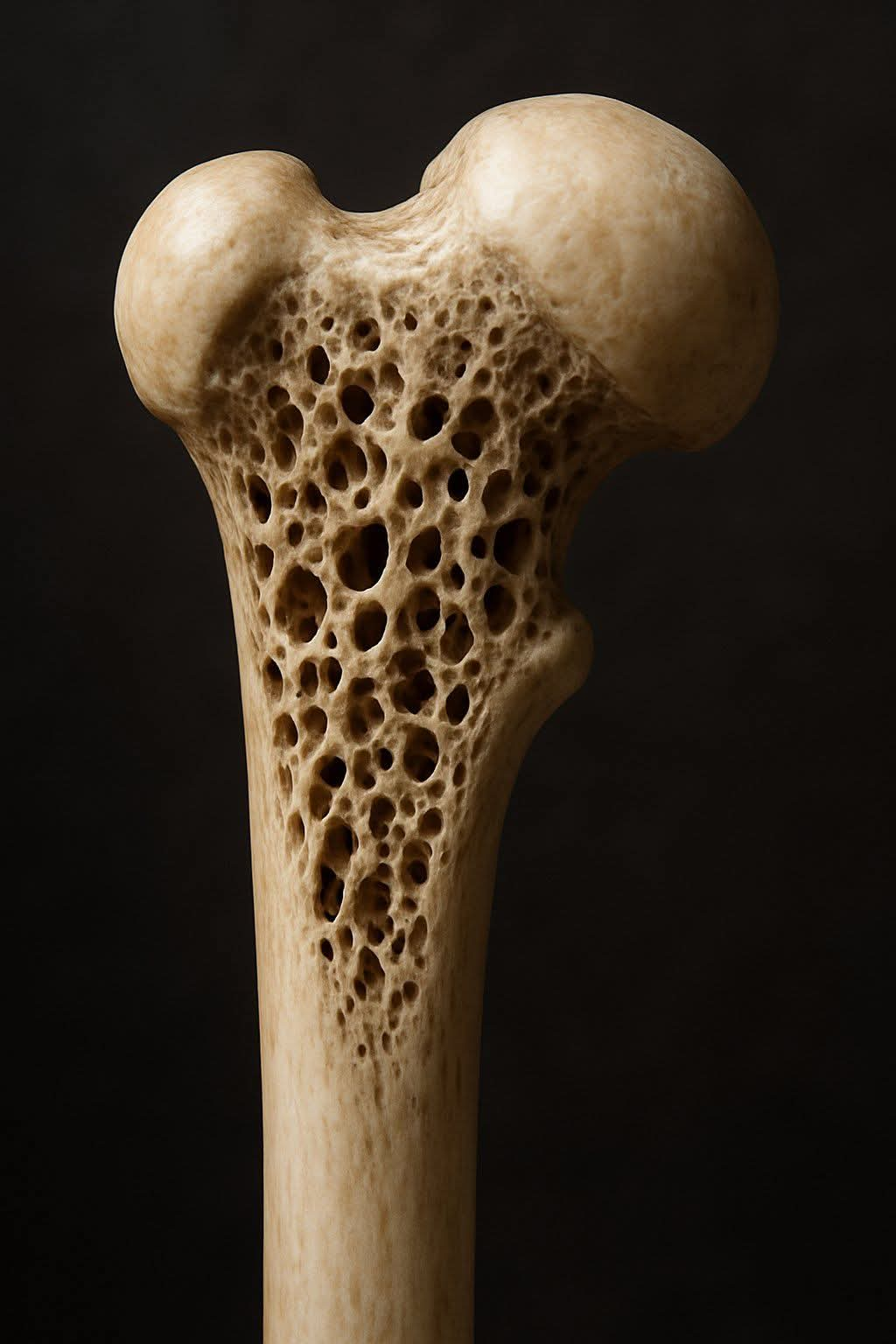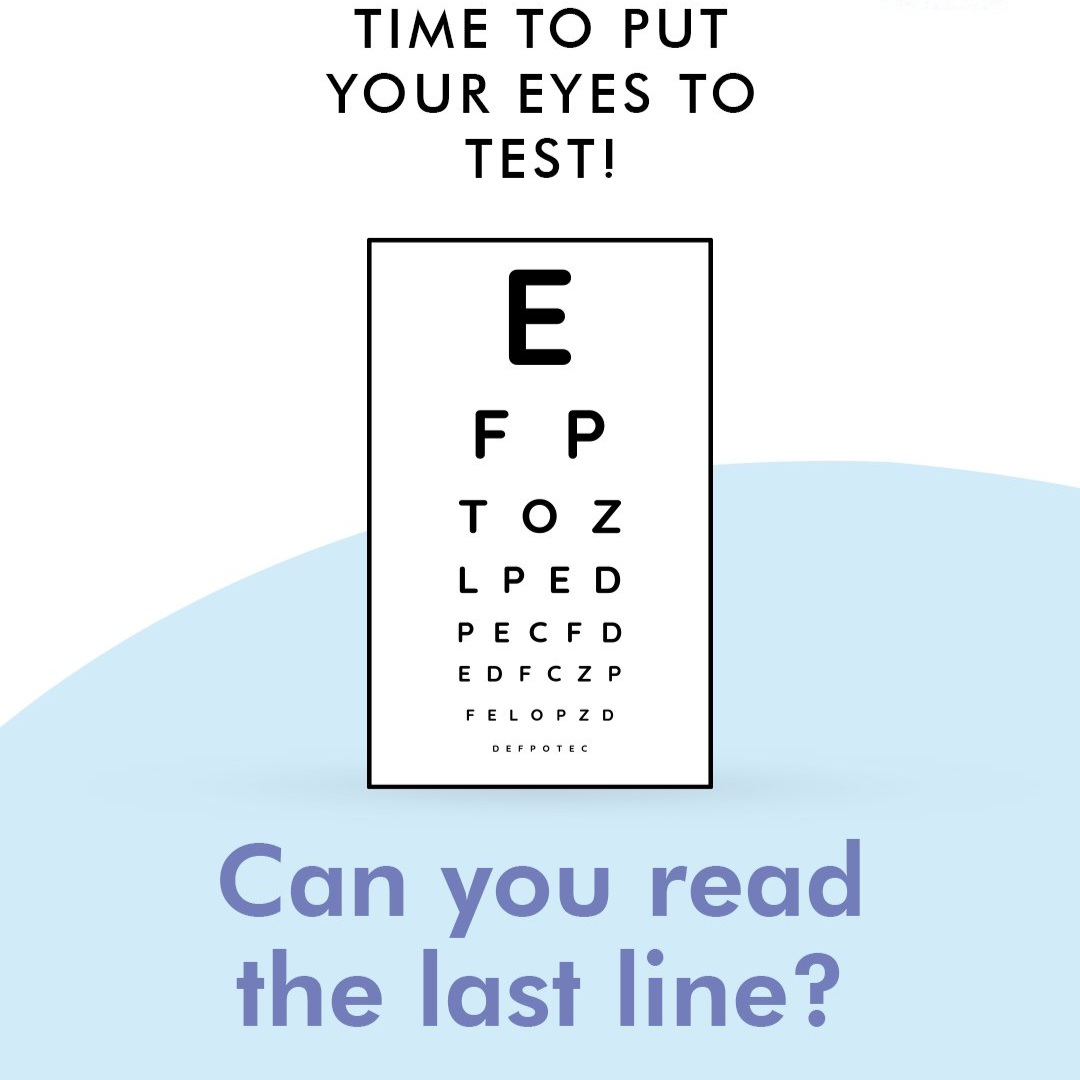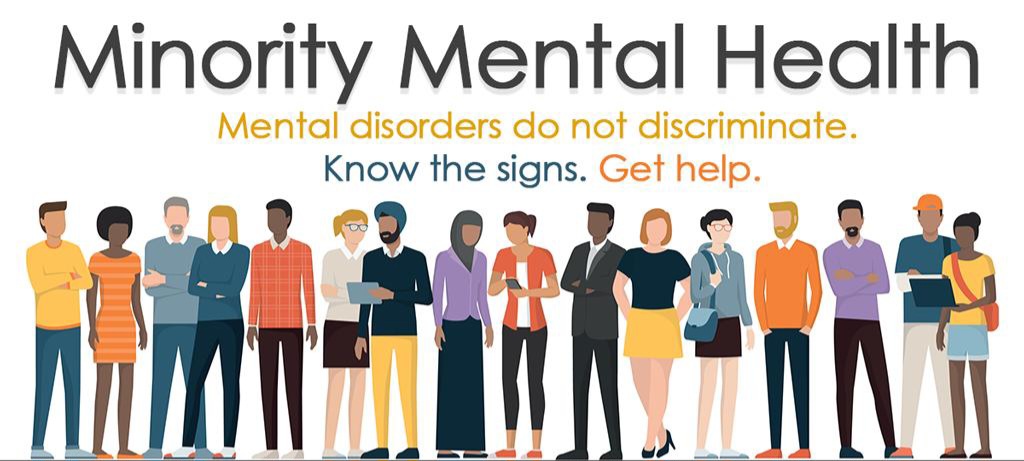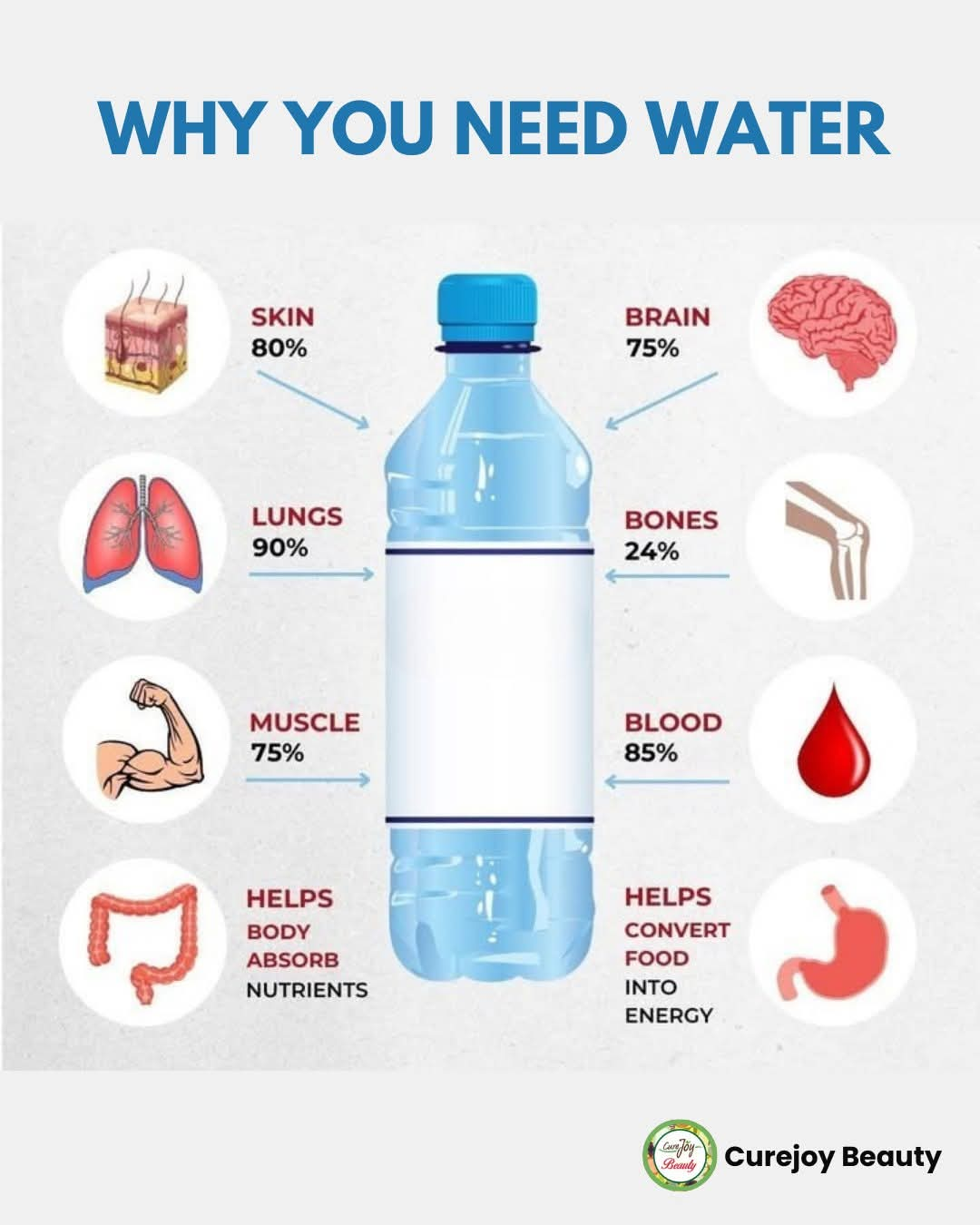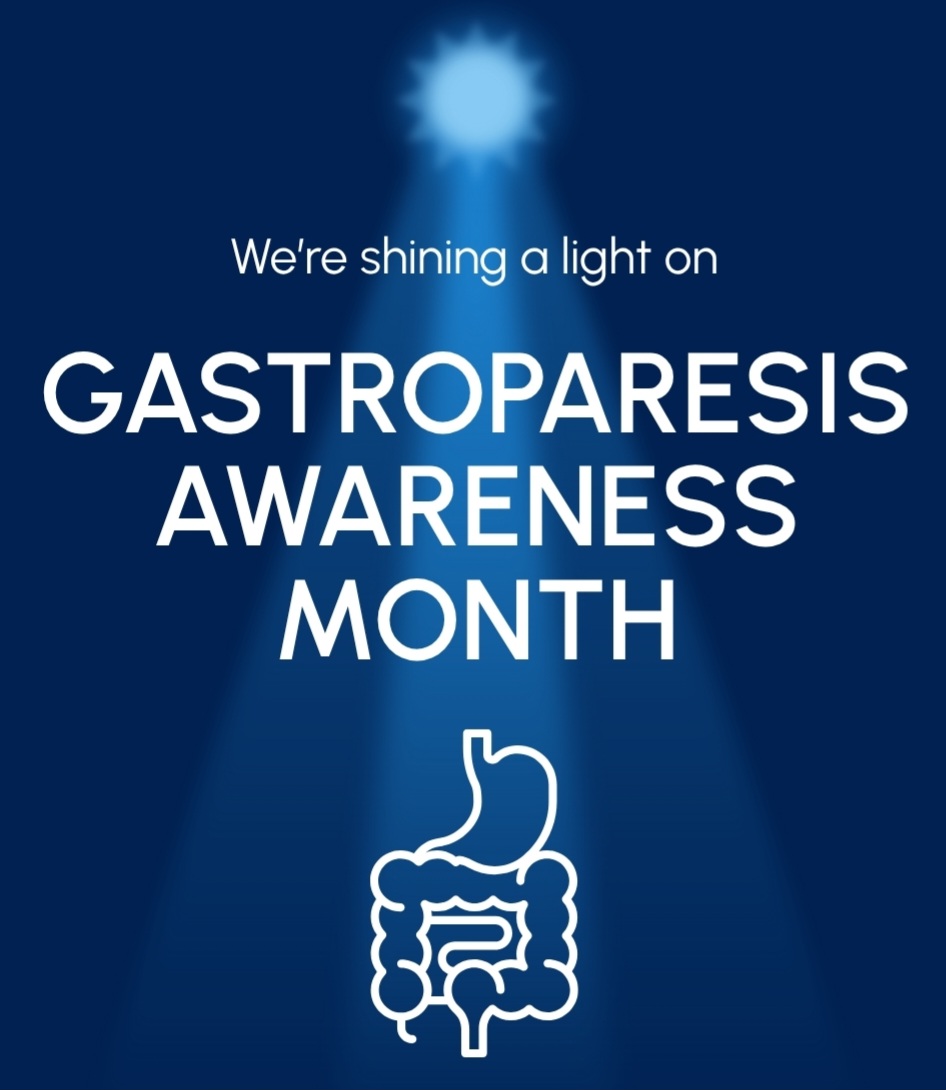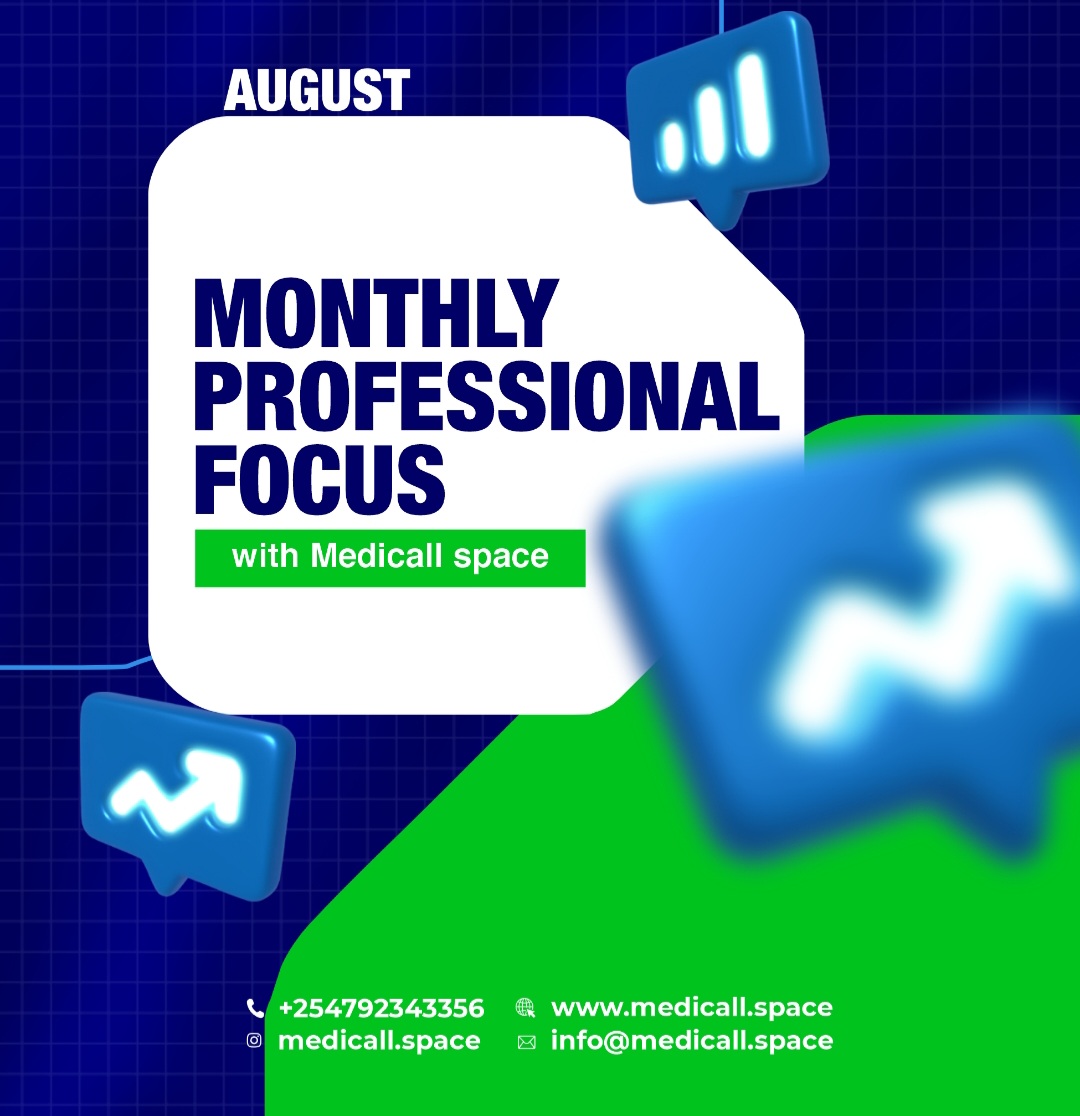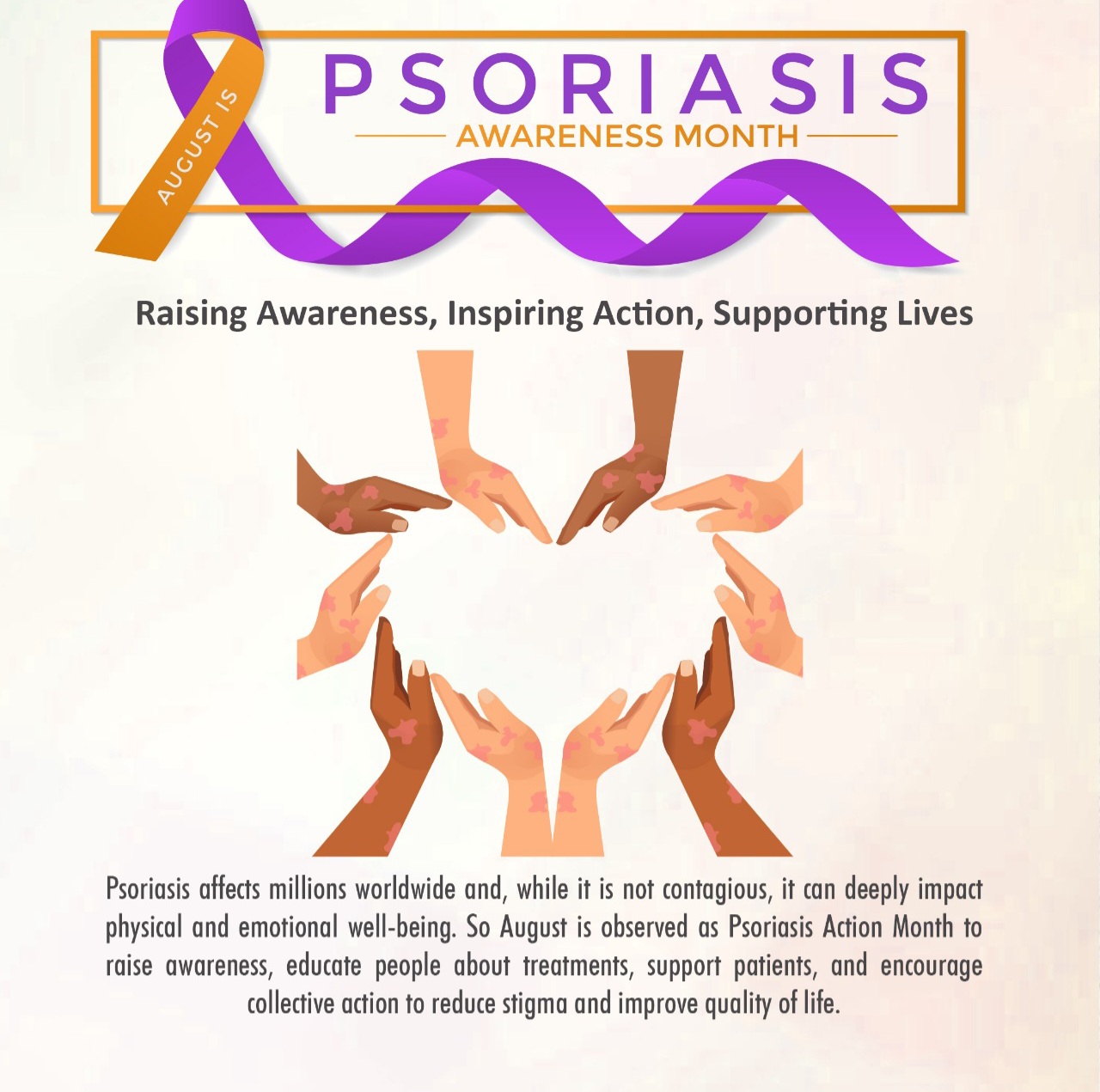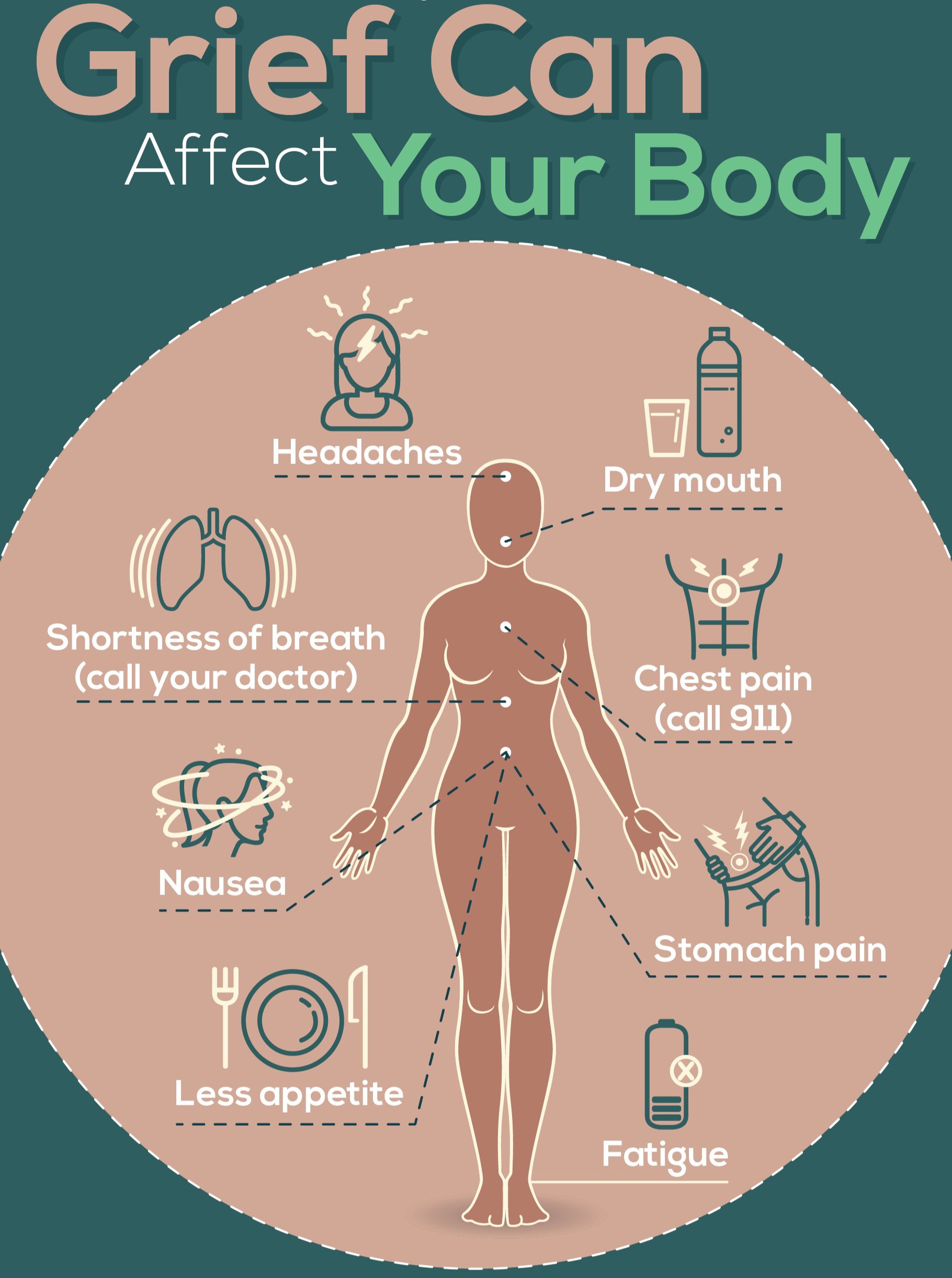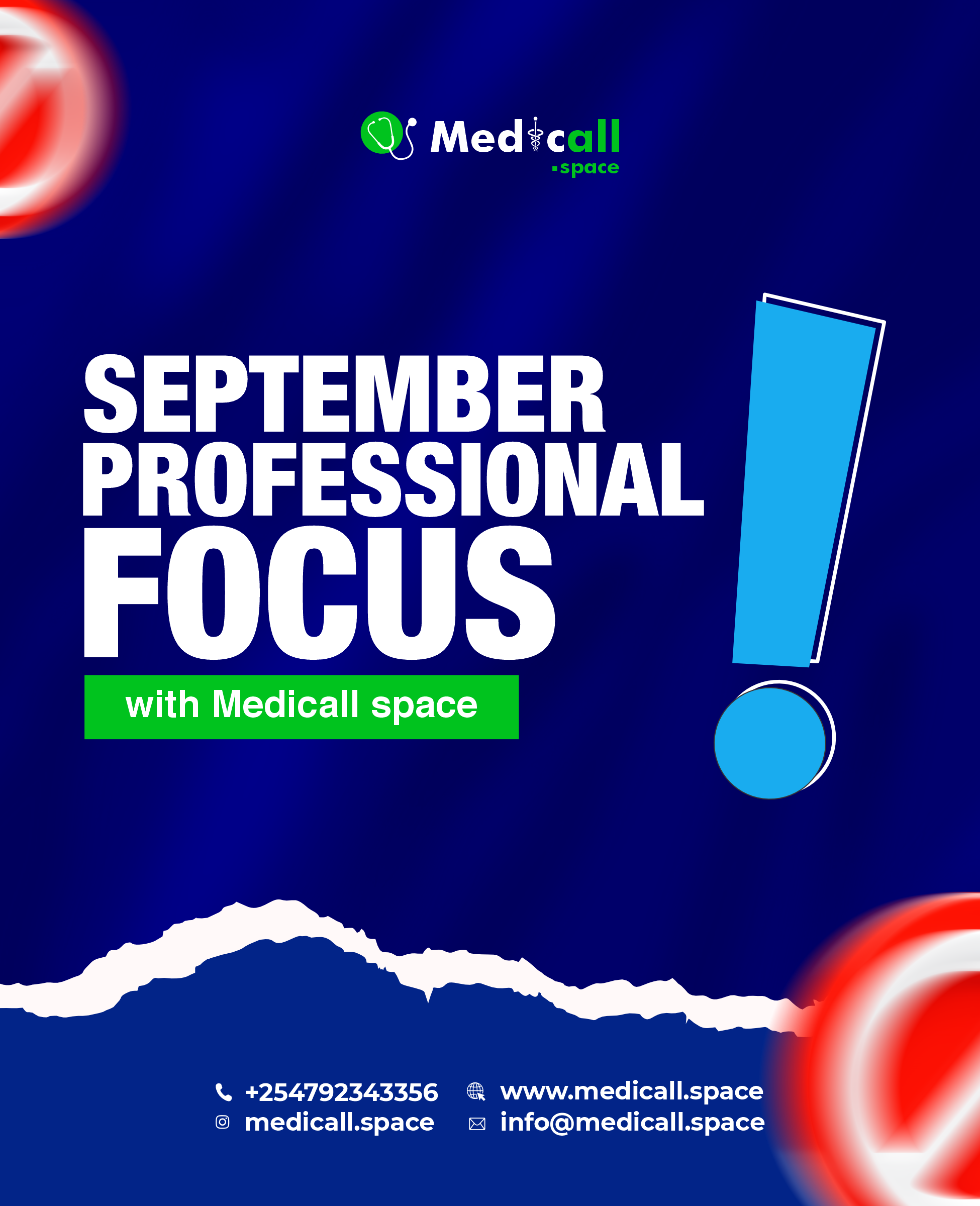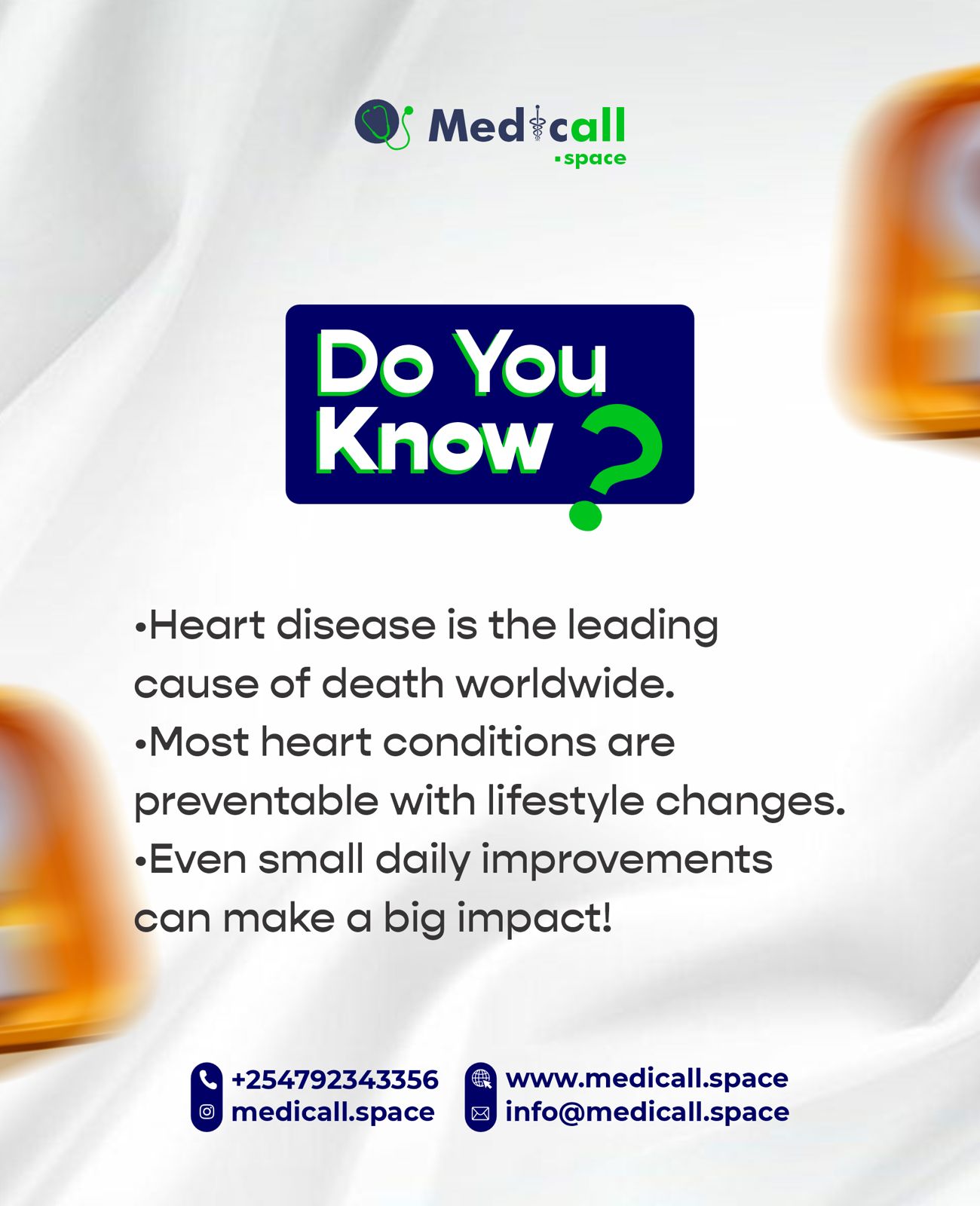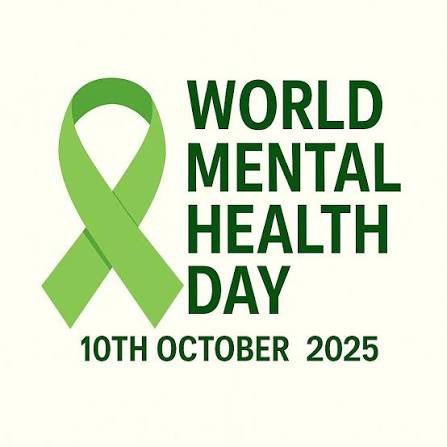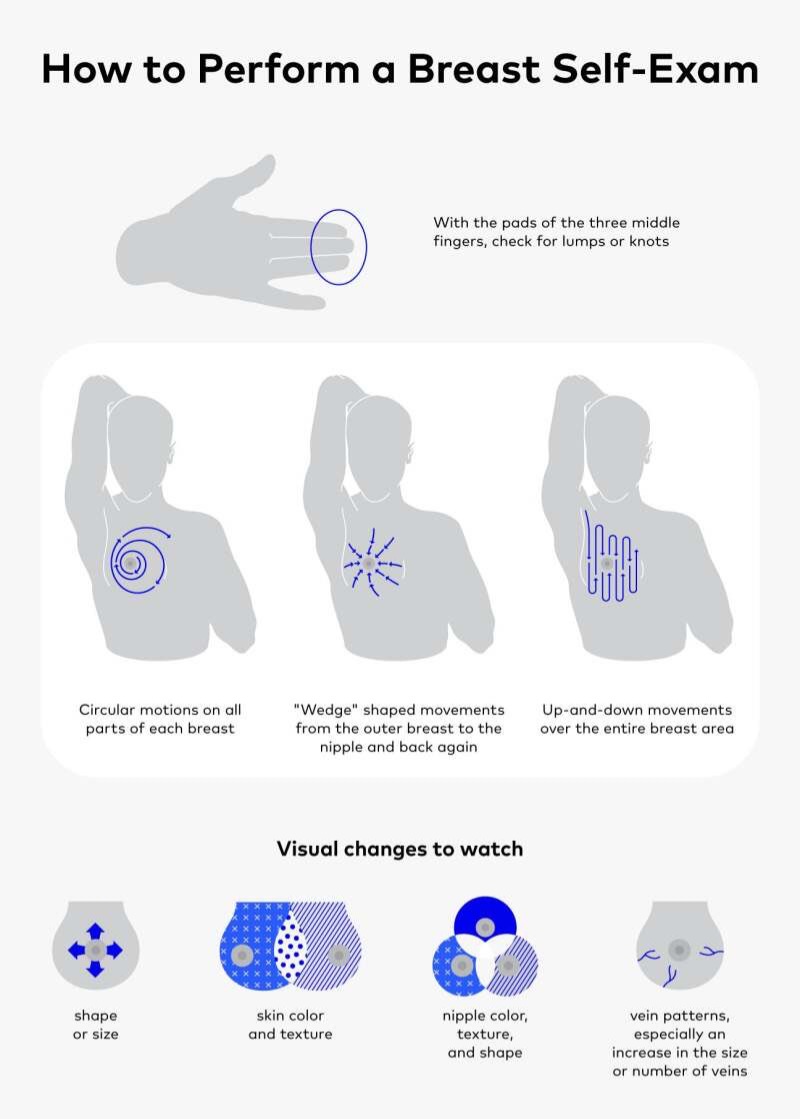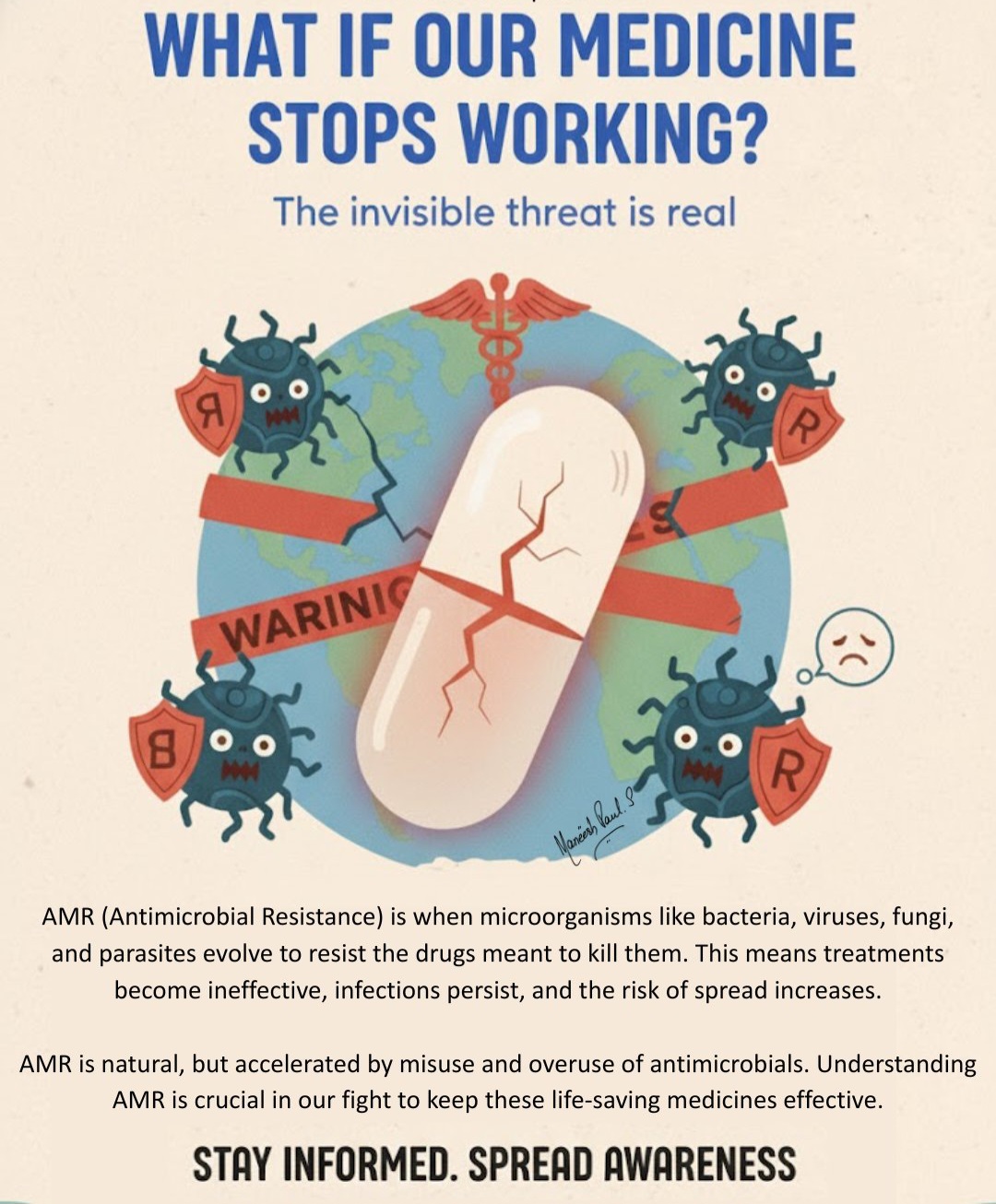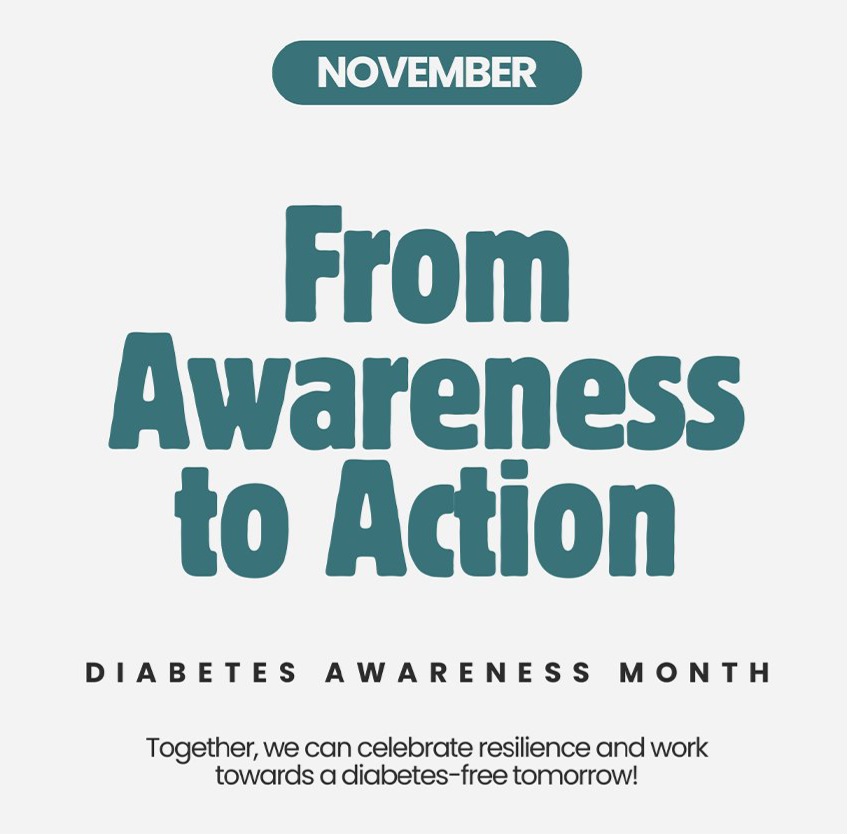Role of Therapy and Medication
Therapy and Medication play key roles in mental health.
Therapy helps individuals understand their thoughts, behaviors, and emotions.
It provides tools and strategies to cope with stress, manage symptoms, and change harmful patterns of thinking or behavior.
There are various types of therapy used to address different forms of mental health issues.
Types of Therapy:
- Cognitive Behavioral Therapy (CBT): Focuses on changing negative thought patterns.
- Dialectical Behavior Therapy (DBT): Emphasizes emotional regulation and interpersonal effectiveness.
- Psychodynamic Therapy: Explores unconscious patterns and past experiences.
- Humanistic Therapy: Focuses on personal growth and self-actualization.
- Family and Group Therapy: Involves others in the treatment process.
Benefits of Therapy:
- Long-term coping strategies.
- Emotional support and understanding.
- Skills for managing stress, anxiety, and other mental health issues.
Therapy as a Standalone Treatment:
Therapy can be used alone in situations where the individual has mild mental health issues i.e. mild depression, mild anxiety.
Types of Medication in Mental Health
- Antidepressants: For depression and anxiety disorders.
- Antipsychotics: For schizophrenia and bipolar disorder.
- Mood Stabilizers: For bipolar disorder.
- Anxiolytics: For anxiety and panic disorders.
- Stimulants: For ADHD.
Benefits of Medication:
- Rapid symptom relief.
- Stabilization of severe symptoms (e.g., psychosis, mania, major depression).
- Enhancing the effectiveness of therapy especially in situations where therapy can not be used as standalone treatment.
When to Use Both Therapy and Medication:
Cases of moderate to severe mental health conditions. Examples include: Major depressive disorder, severe anxiety, and schizophrenia.
Benefits of a Combined Approach(Therapy + Medication):
- Complementary effects (e.g., medication stabilizes mood while therapy provides coping strategies).
- Enhanced overall outcomes of treatment and management.
Role of Cardiovascular health in maintaining good blood flow and low cholesterol levels
Cardiovascular health is crucial for maintaining good blood flow and low cholesterol levels, both of which are vital for overall well-being. Here’s why:
Benefits for Maintaining Good Blood Flow
•Oxygen and Nutrient Delivery: The cardiovascular system, which includes the heart and blood vessels, is responsible for delivering oxygen and nutrients to all parts of the body.
•Healthy blood flow ensures that your organs and tissues receive the nutrients they need to function effectively.
•Poor cardiovascular health, such as narrowed or clogged arteries, can lead to reduced blood flow, which can cause damage to organs, particularly the heart and brain.
•Preventing Blood Clots: Healthy blood flow helps prevent the formation of blood clots, which can lead to serious complications such as heart attacks or strokes.
Regular cardiovascular exercise and a heart-healthy diet can improve circulation and keep blood vessels flexible and clear.
Benefits of Managing Cholesterol Levels
•Reducing LDL (Bad Cholesterol): High levels of LDL cholesterol can lead to the buildup of plaques in your arteries, a condition known as atherosclerosis. This narrows the arteries, making it harder for blood to flow through. Over time, this can lead to heart disease, stroke, and other cardiovascular issues.
Maintaining cardiovascular health through a healthy diet, regular exercise, and avoiding smoking can help reduce LDL cholesterol levels.
Increasing HDL (Good Cholesterol): HDL cholesterol helps remove LDL cholesterol from the bloodstream, transporting it to the liver where it can be processed and excreted.
Higher levels of HDL are associated with a lower risk of heart disease. Activities that improve cardiovascular health, such as aerobic exercise and eating healthy fats like those found in fish, nuts, and olive oil, can help increase HDL levels.
Additional tips for preventing Hypertension
Blood Pressure Regulation: Cardiovascular health is closely linked to blood pressure. Healthy blood vessels are more elastic, allowing them to expand and contract easily to maintain normal blood pressure.
High blood pressure (hypertension) can damage blood vessels over time, increasing the risk of heart disease and stroke.
Regular physical activity and a balanced diet low in sodium and rich in fruits and vegetables can help keep blood pressure within a healthy range.











































































































